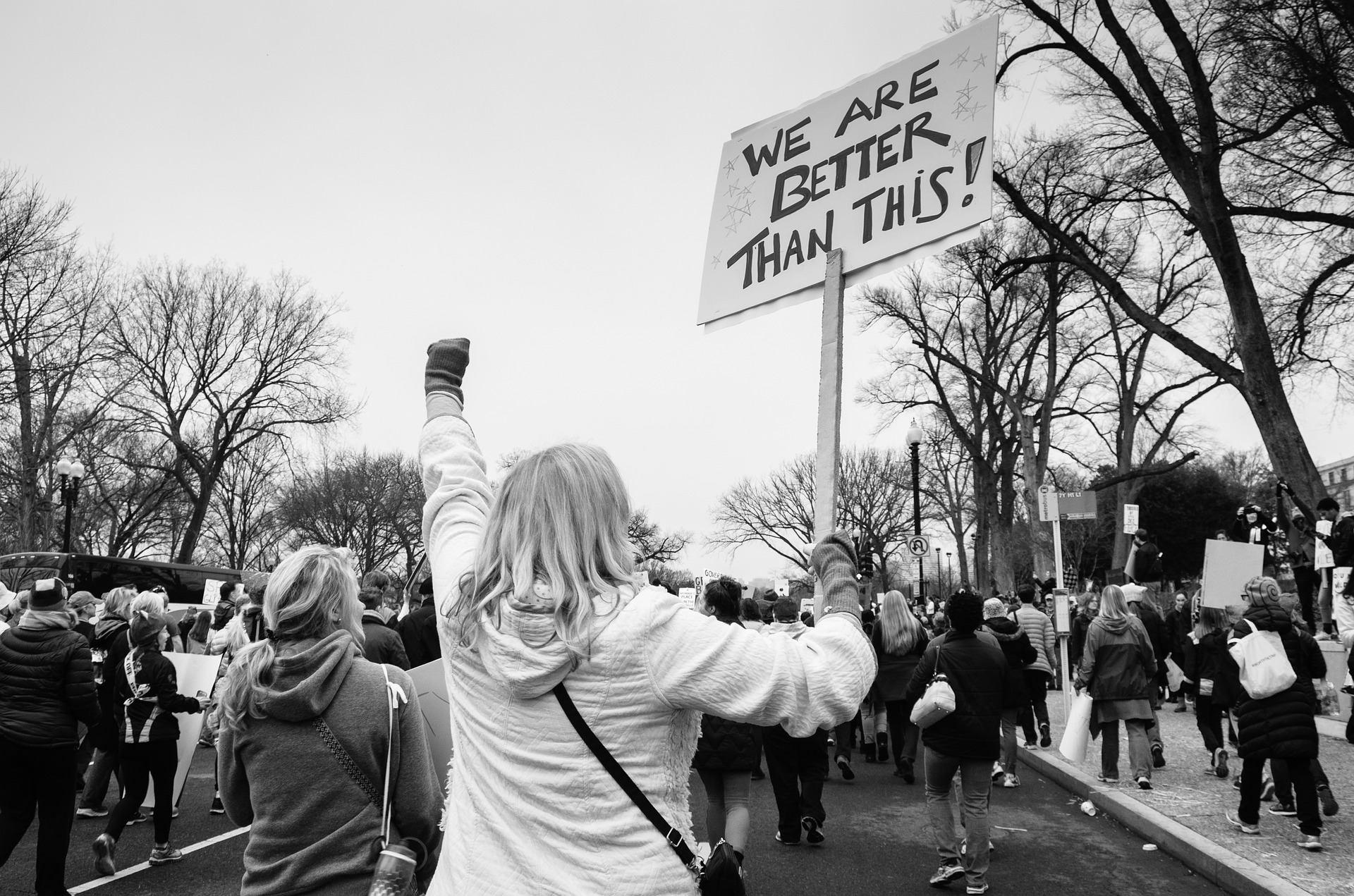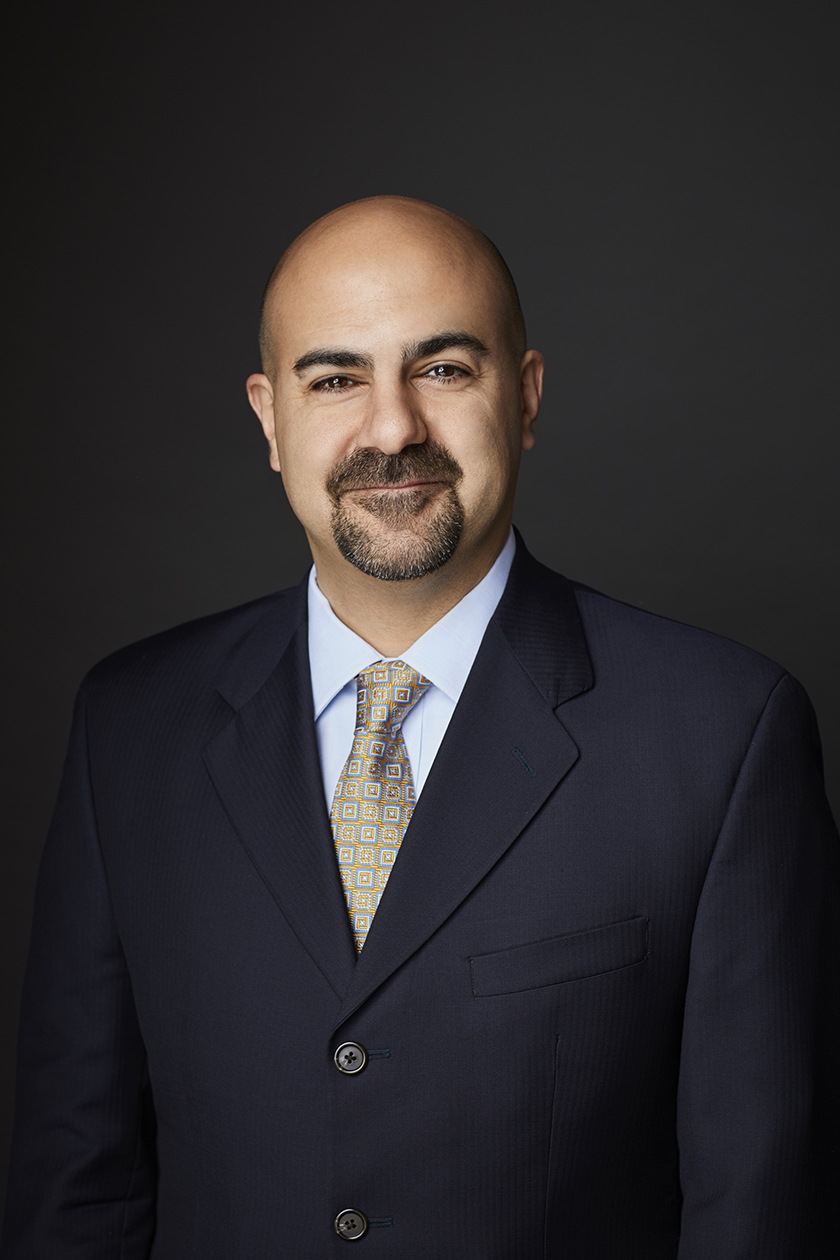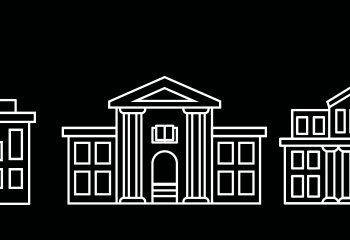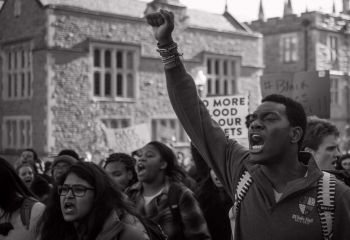
Colleges must better educate students on the value of free speech
On May 5, 2020, Gallup and Knight Foundation released a new report on college students and their attitudes about Free Speech. Robert Shibley shares insights below. View the full report and additional insights here.

Are colleges and universities making progress in protecting students’ exercise of free speech and other First Amendment rights on campus? Despite an increase in concern about the issue in recent years — including a well-publicized executive order by President Trump that links federal funding to institutions’ agreeing to protect free speech — the recent Gallup-Knight First Amendment on Campus survey suggests that whatever campuses are doing to educate students about the First Amendment and their freedoms on campus isn’t working.
College students overwhelmingly say that they value free speech. When given the choice of whether it was more important to “protect students by prohibiting speech they may find offensive” or to “allow students to be exposed to all types of speech even if they may find it offensive or biased,” 81% of students surveyed said they favored the latter.
Yet their understanding of the limits of this freedom are restrictive compared to those established by law. Similarly overwhelming majorities support speech restrictions on campus when it comes to the use of offensive racial slurs (78%) or costumes that stereotype certain racial or ethnic groups (71%). A far lower but still concerning 26% would even back restrictions on “expressing political views that are upsetting or offensive to certain groups,” despite the fact that this could be said of virtually any political view, depending on who’s listening. Other questions reveal other aspects of willingness to limit peers’ speech.
It’s natural to have doubts about the utility of offensive speech. Indeed, to restrict speech widely considered offensive is the norm in human history. Blasphemy laws protecting sacred gods and ideals date to ancient times and are still in place in many nations today. Many Western democracies also restrict some speech that offends, or that they believe impairs the dignity of individuals or groups, though hardly on the scale of what was once the norm.
Only the most stubborn ideologue, though, would argue that the enormous increase in prosperity and progress that has taken place since the Enlightenment-era expansion of human rights and freedom is just some kind of coincidence. As Frederick Douglass famously observed, in condemning the antebellum South’s restrictions on speech about slavery, the right to speak is “the dread of tyrants. It is the right which they first of all strike down.” Censorship and repression have massive costs.
The modern American college campus may well be the place where restrictions on speech are least justifiable. Every student is a high school graduate or equivalent; those with criminal backgrounds are routinely excluded from attending. A college’s core is a community of scholars, all highly educated, whose very jobs consist of the pursuit of knowledge in an environment of reason. Universities provide recreational activities and other amenities to make students feel comfortable and cared for, often including police forces, medical clinics, and counseling centers separate from those of the general public.
Through taxpayer subsidies and often astronomical tuition bills, America has generously given colleges all they need, and more, to teach students and advance knowledge through open debate and the sifting and winnowing of ideas. Unfortunately, colleges are squandering their opportunities to serve our nation in this way by doing far too little to explain to students why free speech and academic freedom are so important.
When controversies arise over speech, teaching, and even research, colleges all too often throw principles by the wayside and find a reason to punish the offending student or professor. As it happens, the lesson that speaking your conscience can get you in trouble is one students definitely are learning: in the Gallup-Knight survey, 63% of students agreed that the climate on their campus prevents some people from saying things they believe because others might find them offensive, up from 54% in 2016.
Our students and our nation deserve better. Simple steps, such as eliminating unconstitutional or illiberal speech codes, making clear and principled statements in favor of free speech, and sticking to those principles when challenged, would cost nothing and make a big difference.
Efforts to educate students about the need for open discussion and academic freedom on campus — such as speakers, classes and orientation programs — would not cost much more. Colleges can and should make these changes now, so that the next Gallup-Knight poll has a chance to bring us some much-needed good news about the state of one of our nation’s most fundamental freedoms.
Robert Shibley is executive director of the Foundation for Individual Rights in Education (FIRE).
Recent Content
-
Information and Societyarticle ·
-
Artsarticle ·
-
Information and Societyarticle ·








